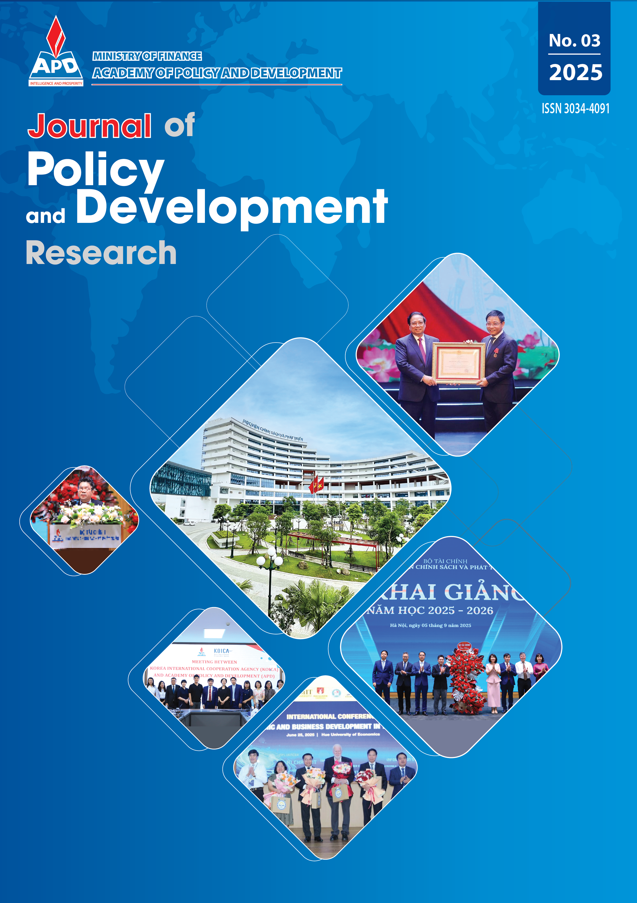MODERN MANAGERIAL ACCOUNTING PRACTICES AND FIRM PERFORMANCE: INTERNATIONAL EVIDENCE AND POLICY IMPLICATIONS FOR VIETNAM
Đã Xuất bản
Cách trích dẫn
Số
Chuyên mục
DOI:
https://doi.org/10.63640/3030-4091/jpd.apd.118Tóm tắt
In the context of increasing globalization and economic integration, managerial accounting has evolved from a traditional cost-tracking mechanism into a strategic instrument for enhancing firm performance and competitiveness. This study investigates the impact of modern international managerial accounting practices—specifically Activity-Based Costing (ABC), Target Costing (TC), and Benchmarking—on enterprise performance across both developed and emerging economies. Drawing on case studies from Japan, Germany, the United States, South Korea, and Thailand, the research identifies key drivers of successful adoption and extracts actionable lessons for Vietnam. Empirical evidence suggests that the integration of these tools significantly improves cost efficiency, strategic alignment, and operational agility. However, the diffusion of such practices in Vietnam remains limited due to institutional, technological, and human capital constraints. The study proposes a set of comprehensive policy recommendations, including fiscal incentives, curriculum reform, public-private partnerships, and digital transformation initiatives, to foster the development of managerial accounting capabilities in Vietnamese enterprises. This research contributes to the theoretical discourse on strategic cost management in emerging markets and offers practical guidance for policy and enterprise-level reforms.







